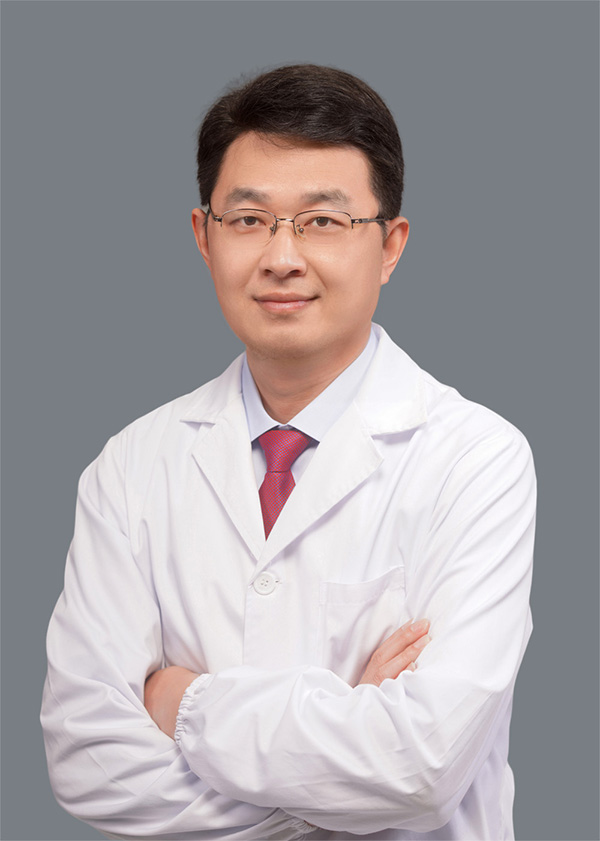Principal Investigator

Zhiping Song
Ph.D.,
Professor
zpsong@whu.edu.cn
Dr. Zhiping Song was born in Wuhan, Hubei, China in Jan. 1984. He is currently a professor in the College of Chemistry and Molecular Science, Wuhan University. His research field is electrochemical energy storage and conversion (including but not limited to various rechargeable batteries, such as Li/Na/K/Mg/Zn batteries, dual-ion batteries, Li–S batteries, solid-state batteries, aqueous batteries, flexible batteries etc.), and the characteristic research orientation is organic electrode materials and their energy storage devices. He has published more than 60 peer-reviewed papers, including 30 papers as the first or corresponding author on top journals such as Angew. Chem. Int. ed. (3), Energy Environ. Sci. (2), Nano. Lett. (1), Adv. Energy Mater. (3), Adv. Sci. (1) and Energy Storage Mater. (9). These papers have received more than 4000 citations, and 7 of them have been selected as ESI Highly Cited Papers. He has written a chapter in an RSC book "Redox Polymers for Energy and Nanomedicine". His detailed education and work experiences are listed below.
2017/06– : Professor, Department of
Chemistry, Wuhan University
2015/12–2017/05: Associate Professor, Department of Chemistry, Wuhan
University
2012/06–2015/11: Postdoctoral Researcher, Research Institute for Energy
Conservation, National Institute
of
Advanced Industrial Science and Technology, Japan
2010/05–2011/08: Visiting Ph. D. Student, Department of Mechanical and Nuclear
Engineering, The
Pennsylvania State University, US
2006/09–2011/12: Ph. D., Physical Chemistry, Wuhan University
2005/10–2006/05: Visiting Undergraduate Student, Institute of Chemistry,
Chinese Academy of Science
2002/09–2006/07: B. S., Chemistry, Wuhan University
Research

Due to the ever-growing desire for efficient and clean electrochemical power sources, conventional lithium-ion battery technology become hard to meet the higher requirements in terms of energy density, power density, safety, cost, and sustainability, and the development of conventional inorganic electrode materials is also facing a bottleneck. In this context, organic electrode materials are becoming a new research hotspot because of their advantages in terms of excellent performance, structural diversity, wide application, resource sustainability, and environmental friendliness. Our group has already focused on the investigation of organic electrode materials and their energy storage devices for many years, as one of the earliest and most influential groups in this field in the world. Previously, we successfully designed and synthesized a series of high performance carbonyl polymer electrode materials, and studied the relationship between material structure and electrochemical performances in depth. At present, the development of organic electrode materials is still in the
early stage, and there is still a lot of fundamental research to be done. Therefore, we will apply our skills on organic electrode material, keep on improving their electrochemical performance (energy density, cycling stability, coulombic efficiency, rate capability, etc.) and the practicability (simple synthesis and low cost), and exploring their applications in various emerging rechargeable battery systems with different features (Li/Na/K/Zn batteries, dual-ion batteries, solid-state batteries, aqueous batteries, flexible batteries, etc.). Besides, lithium–sulfur battery have more attractive energy density, and similar scientific issues with lithium–organic battery (unfavored dissolution and necessary lithium metal anode), so it will also be one of our research interests.
Publication